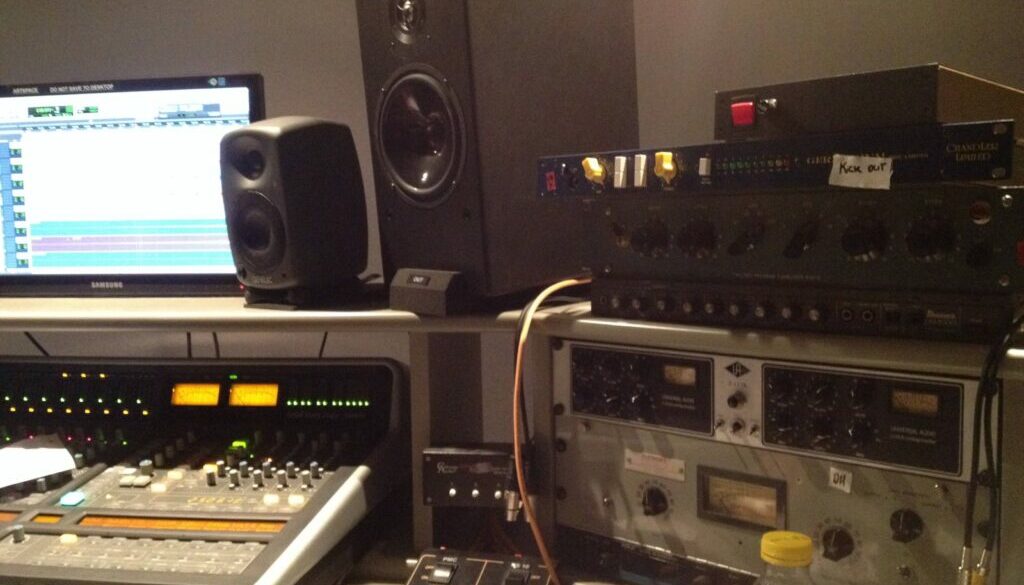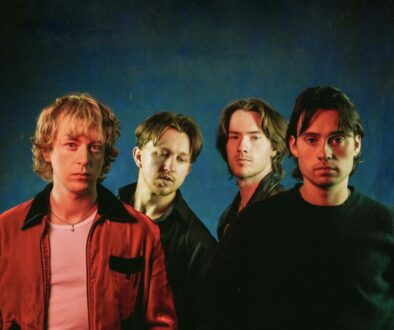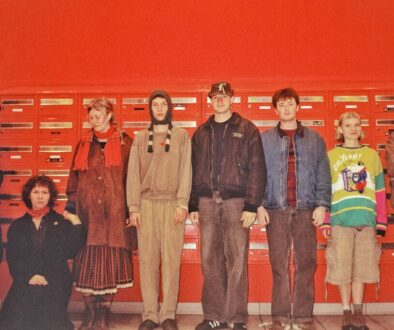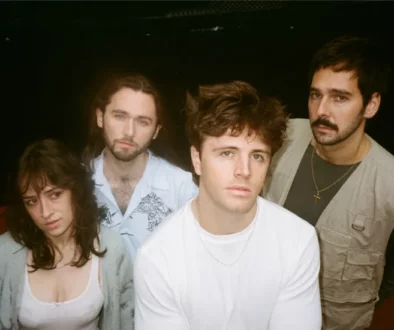Tips from a top producer…
How did you get in to music?
I was in a punk rock band called 4th Reich initially which later changed it’s name to Manufactured Romance. We put out several records under independent labels, toured up and down the country, saved up money to go in to studios. We would look for ‘down-time’, often working through the night. It was hard work but we enjoyed it.
Then I joined 4AD records, with a band called Cocteau Twins who became massive at the time. I also played for The Wolfgang Press.
How did you get in to producing and which artists have you worked with?
Through Robin from Cocteau Twin who had their own studio. I’ve always loved programming and working with producers. Depeche Mode, Plan B, Paloma Faith and many more are some of the artists I’ve worked with.
What’s the most important thing you look for when working with Unsigned Artists?
Good question, not always in tune vocals! I look for something unique and quirky in the artist. If you have a great voice that may not be enough as there are many fantastic singers out there. Conviction is also a big part of it. If I believe in the artists’ message then I know others will too.
What are the most common problems that arise when producing new bands?
I love working with new bands. When people come to a recording studio, everything is magnified. When they come in they put their heart on the line, because they can hear what they’ve been working on being constructed.
New artists need to overcome criticism and challenge themselves when they bring it to a professional. When someone is close to a song and have lived with it for a long time, they get so used to hearing it that they can no longer be objective. With bands that are not used to working with producers and in studios, accepting change is often a struggle.
How can unsigned bands get heard?
Social media is so important – it is the biggest distribution tool for artists. If your song is good, people will hear. There are A&R guys listening to things like Sound Cloud, Tune Core etc looking for new music.
It is your way of proving that your music is worth hearing and that there is an audience for it. There are countless examples of artists who have been rejected from labels but once their song has traction on social media, labels have back-tracked and ended up signing these artists. It is just about finding the right angle for your social media campaign.
However, don’t ever put anything on social media that doesn’t represent you to your fullest. If you have a song that you know isn’t up to scratch, don’t put it on. You can put a taster of a song, pictures, videos etc.. but put the music up when it’s ready to be shown. If you know it’s not right then you are likely to do more harm than good.
When should artists start approaching labels?
A lot of artists want to approach labels quickly. I always say hold back and let the labels find you. Major labels would rather take on the buzz from a project than invest in it from the beginning. They can afford to do that. If something is proven – i.e. a big track, they will find it. Now technology is so advanced, it is possible to create great music from your home without needing funding from a label in the first instance.
How necessary is it to have a label?
If an artist is lucky enough to have their music go viral with a video or something else then a label isn’t strictly necessary. Without that then I still think a label is a useful tool to have for money, and for the infrastructure they have in place that can take you to the next level. However, because you are involved with a corporation, you are expected to sell a certain amount of records.
Ultimately if you want a long career you have to pay your dews and have enough passion to continue through knock-backs. It all has to come from the heart.



